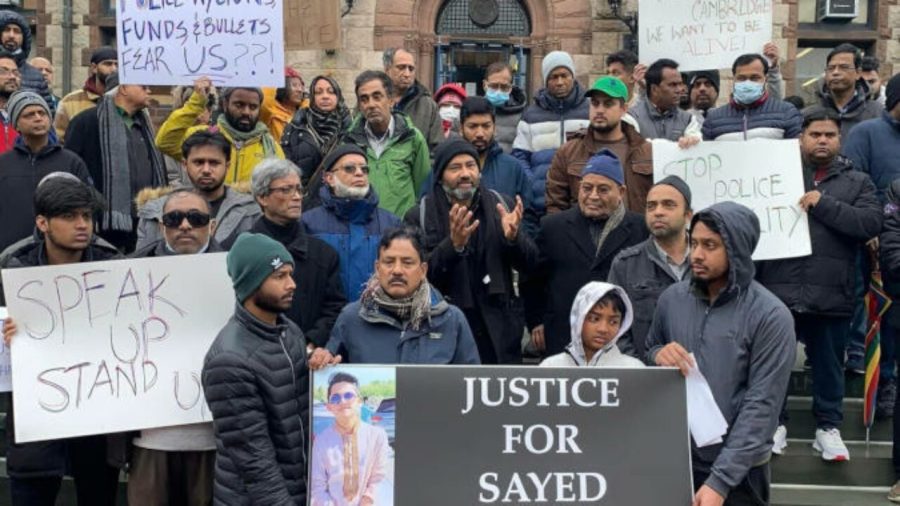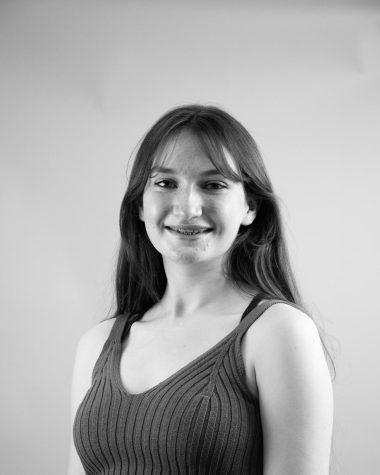The Death of a Prince: Arif Sayed Faisal’s Shooting by The Cambridge Police
February 12, 2023
On Wednesday, January 4th, Cambridge Police received a call that a man had jumped through a window and was cutting himself with broken glass and a machete. Officers were dispatched, but after observing them, the man ran, and the officers followed. When stopped, they told him to drop the weapon, but he moved closer. In an attempt to safely de-escalate the situation, officers fired sponge rounds, but he continued. Considering him a threat, an officer opened fire.
On Wednesday, January 4th, after trying their absolute best to stop him, Cambridge Police were forced to shoot a man who was holding a knife.
On Wednesday, January 4th, a crazy, knife-wielding man was shot by Cambridge Police after attacking them.
Though the first description is the official police story, these are all ways that the tragic killing of Arif Sayed Faisal, a 20-year-old Bangladeshi UMass Boston engineering and computer science student, has been processed throughout the community. Faisal was known by those around him as “Prince”, and from his parents’ press release, “[he] was never violent to anyone” and “had no record of any kind with law enforcement.”
Because there is no video evidence due to an absence of body cameras, it is difficult to qualify the extent to which Faisal posed a threat to the officers. We are left with only the words of the responding officers. Protesters against police brutality interrupted the January 23rd city council meeting, demanding the names of the officers involved be released to the public. As reported by the Harvard Crimson, “The protest interrupted an otherwise ordinary city council meeting, with more than a dozen protesters demanding justice and transparency on the Jan. 4 fatal shooting of Faisal”. Many Cantabrigians have stressed that this reaction only further emphasizes the need for non-police public safety alternatives, like Cambridge HEART (Holistic Emergency Alternative Response Team). The team is specially trained to dynamically respond to people in distress while being unarmed. However, the team hasn’t received money from the city since being greenlit, despite numerous calls for funding.
CRLS students have had a lot to say about the impact of this issue and how our school can take measures to address it. Ryan Sutthoff-Pena ’26, a South Asian Club member, noted to the Register Forum that, “During [the] Falcon Balance block, which claims to be there to support students’ mental health, there have been no conversations about this.” Ishraaq Ahmed ’23, a Pan-Asian Club co-president, expressed exhaustion to the Register Forum: “You would think that after all this work put in by so many people, we would’ve been past these things so it just hurts to see. This really hits close to home for us as an organization too, since he was the cousin of my former co-president of [Pan-Asian] club as well.”
Cambridge lost a valued community member, and Faisal’s parents’ only son. In the end, Faisal is gone, and he cannot be replaced. The only current course of action for Cambridge law enforcement to make sure something like this never happens again, and to always remember Arif Sayed Faisal.
This article also appears in our January 2023 print edition.










